
Browse all content tagged with this keyword.
Showing 28 results
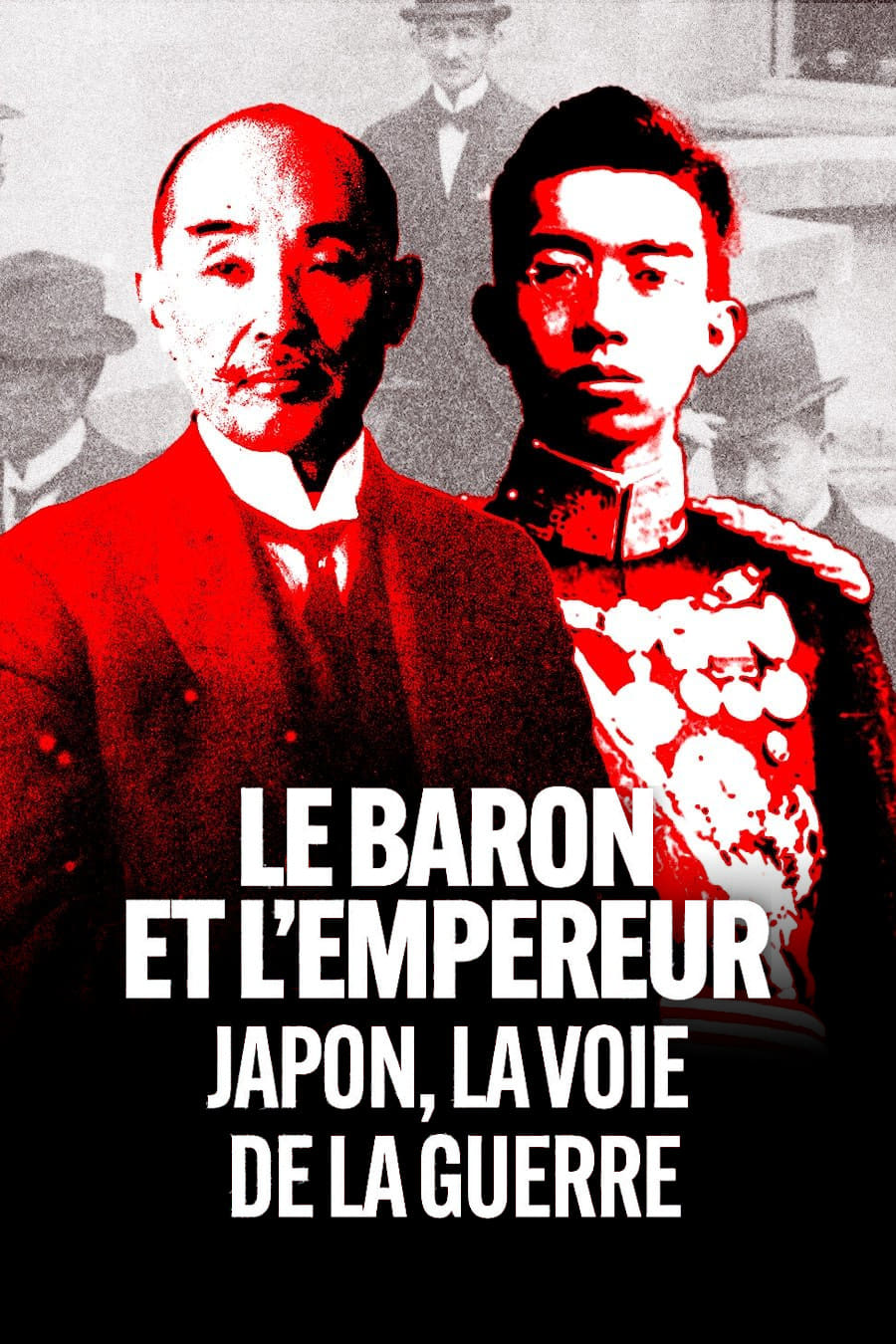

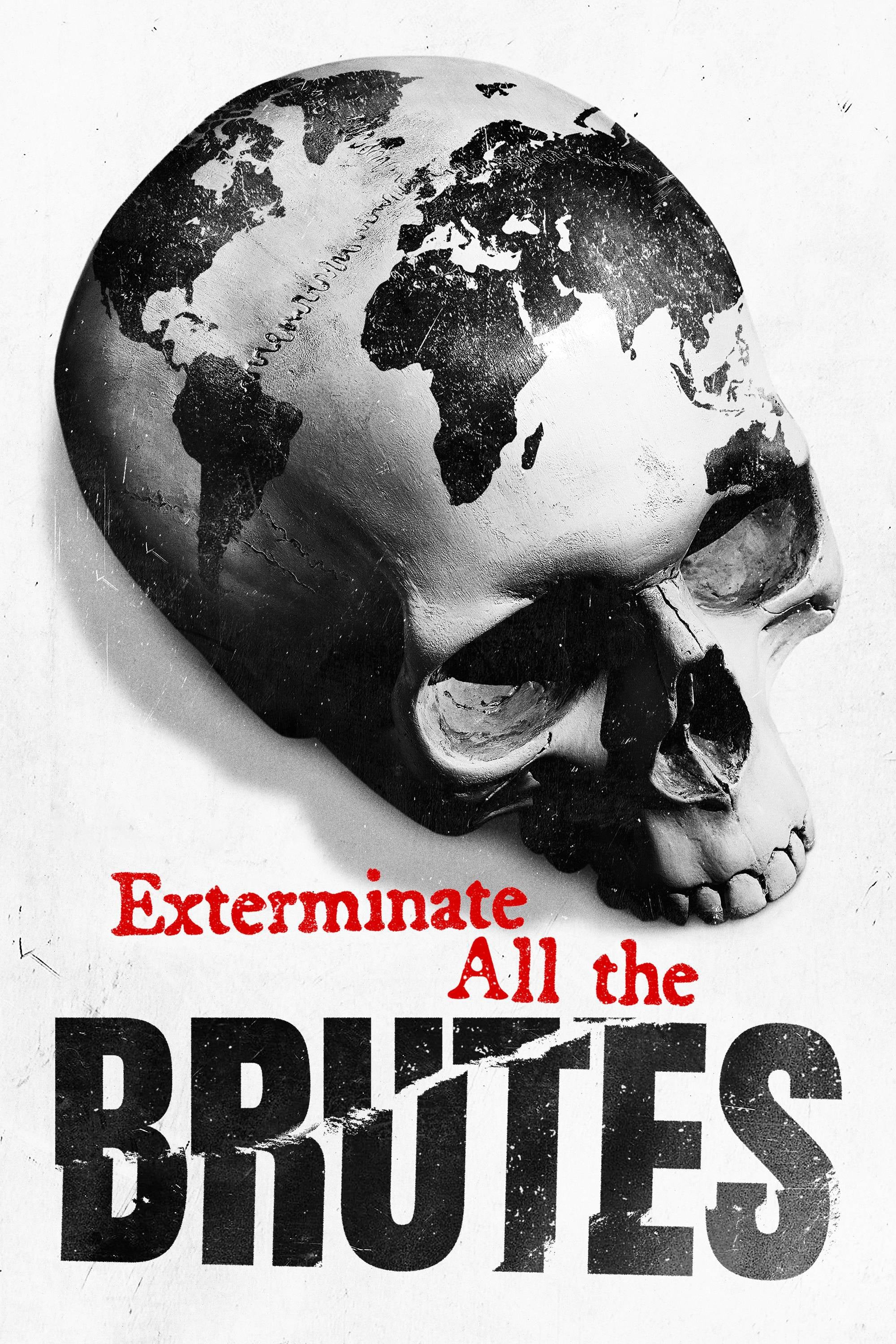
Hybrid docuseries offering an expansive exploration of the exploitative and...
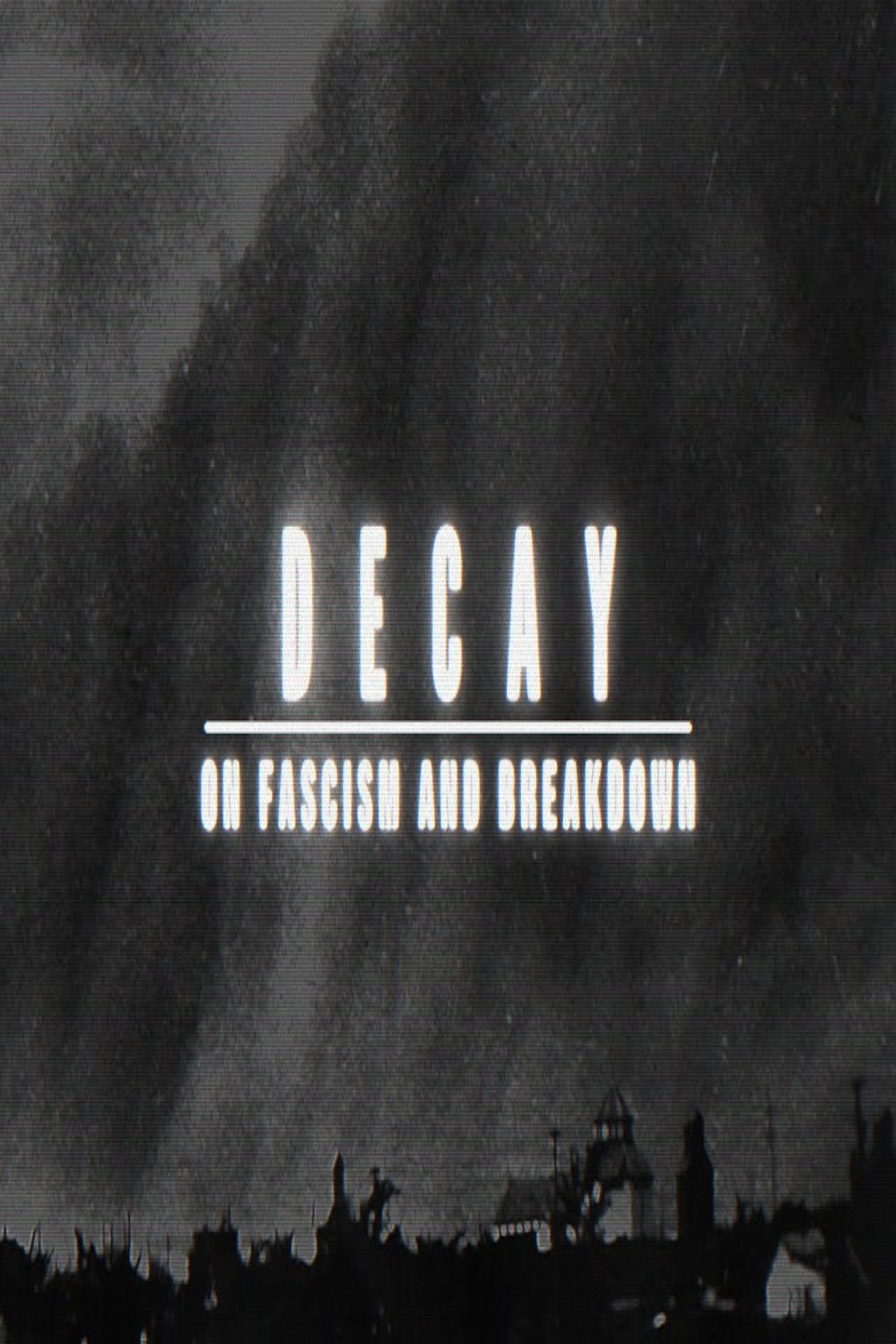
A feature length Marxist documentary looking at 20th Century fascism,...
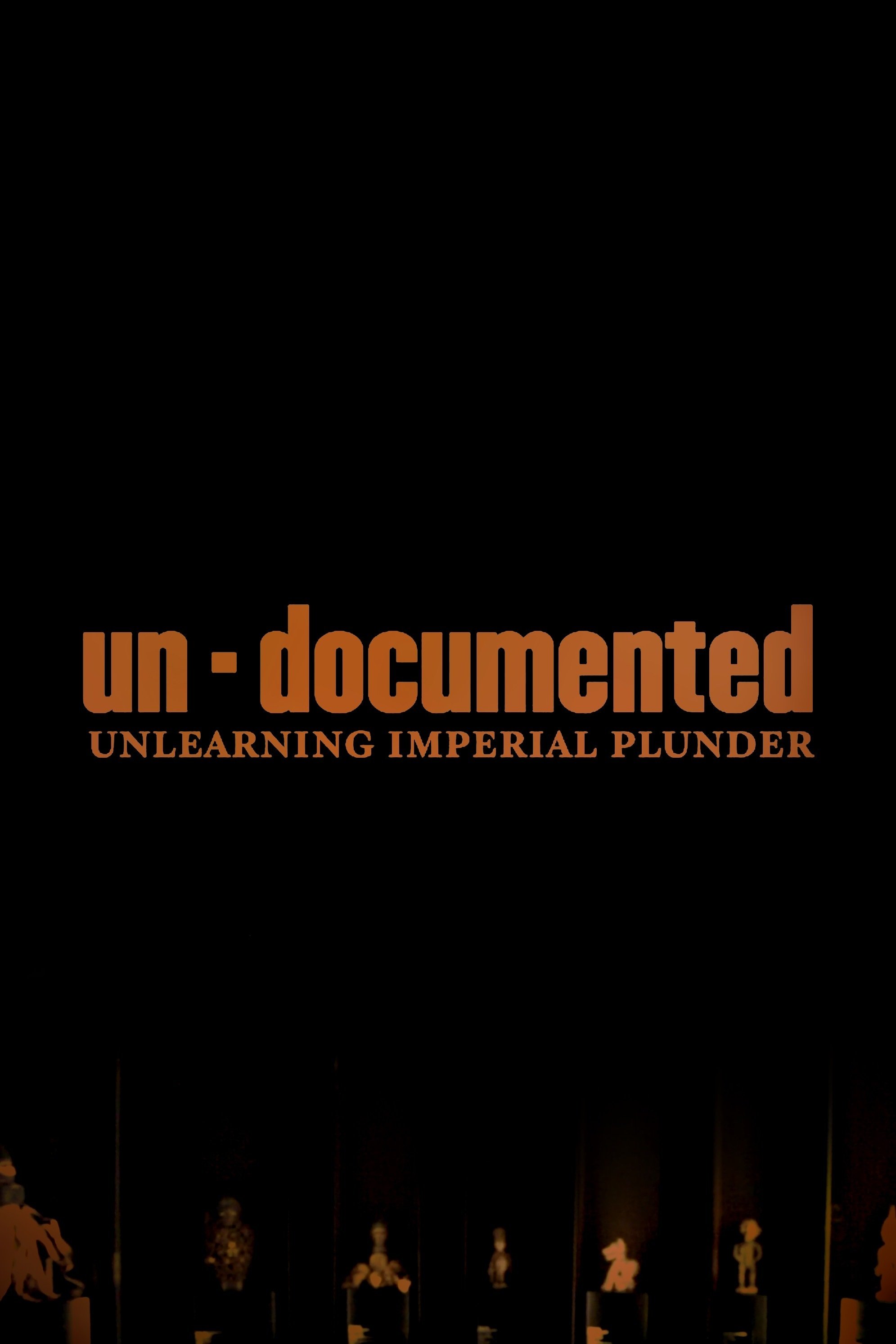
Un-Documented argues against Alain Resnais and Chris Marker’s film Statues...

We have been colonised by the machines we have built....
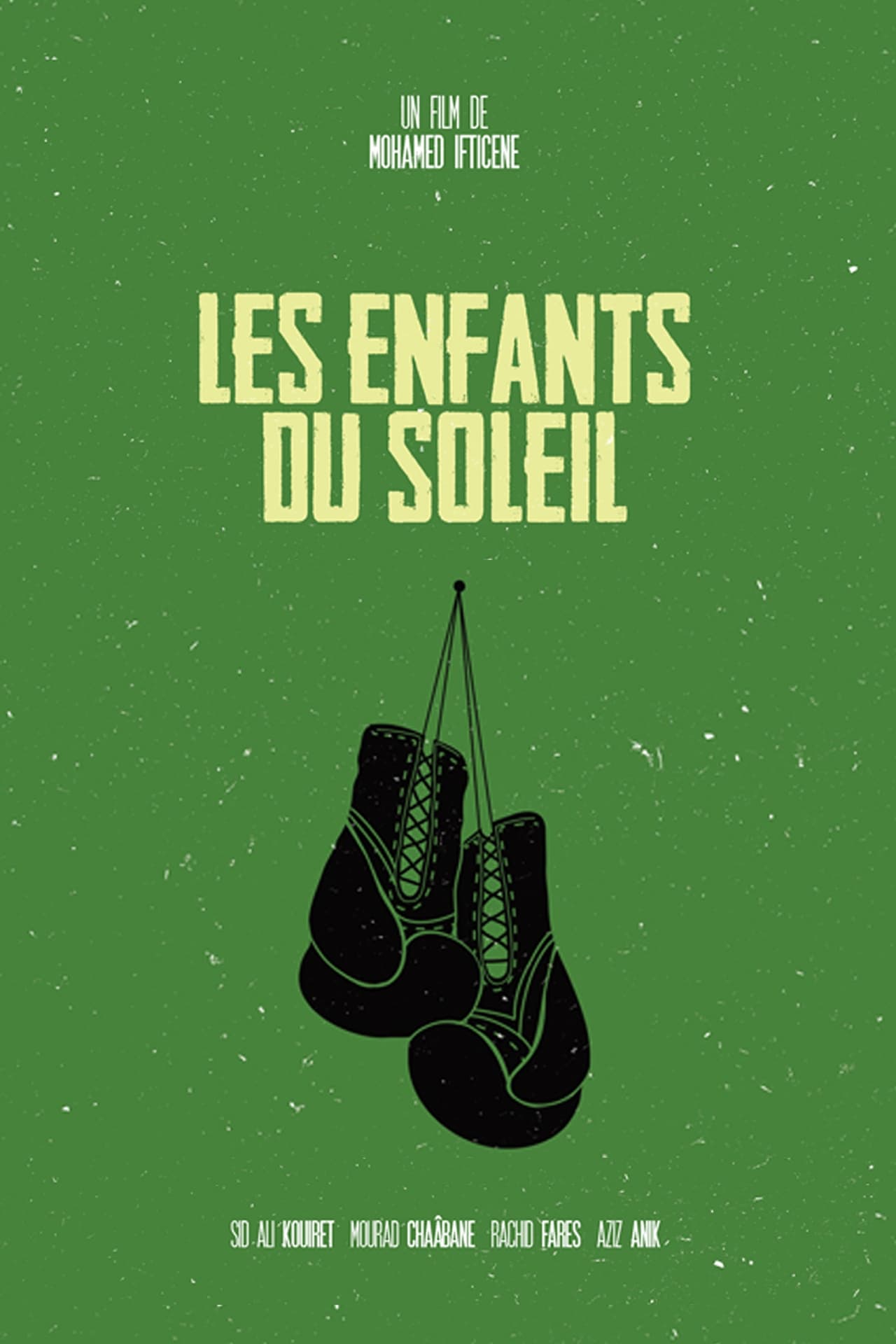
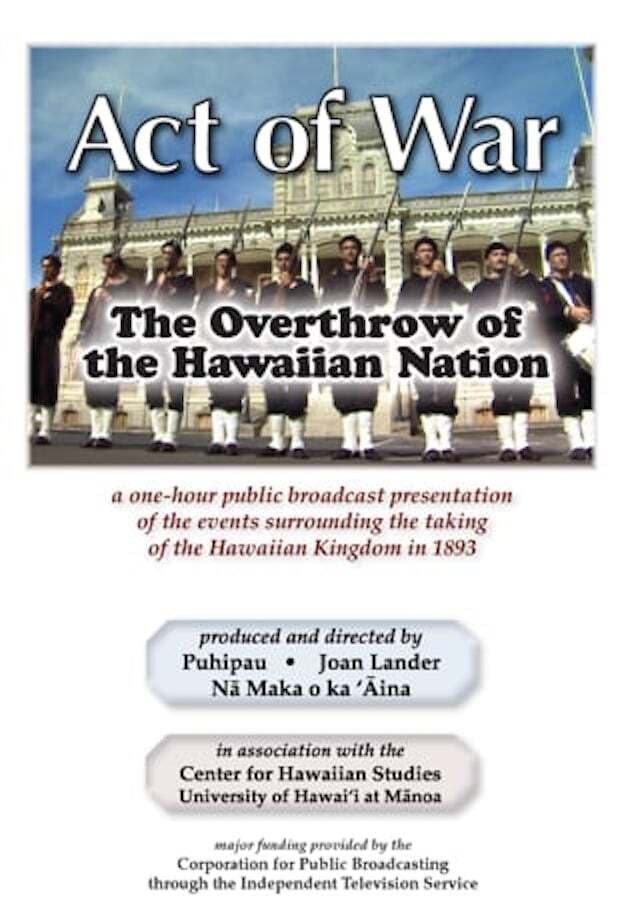
This hour-long documentary is a provocative look at a historical...

Edward Said, a Palestinan writer, academic and exile, talks about...
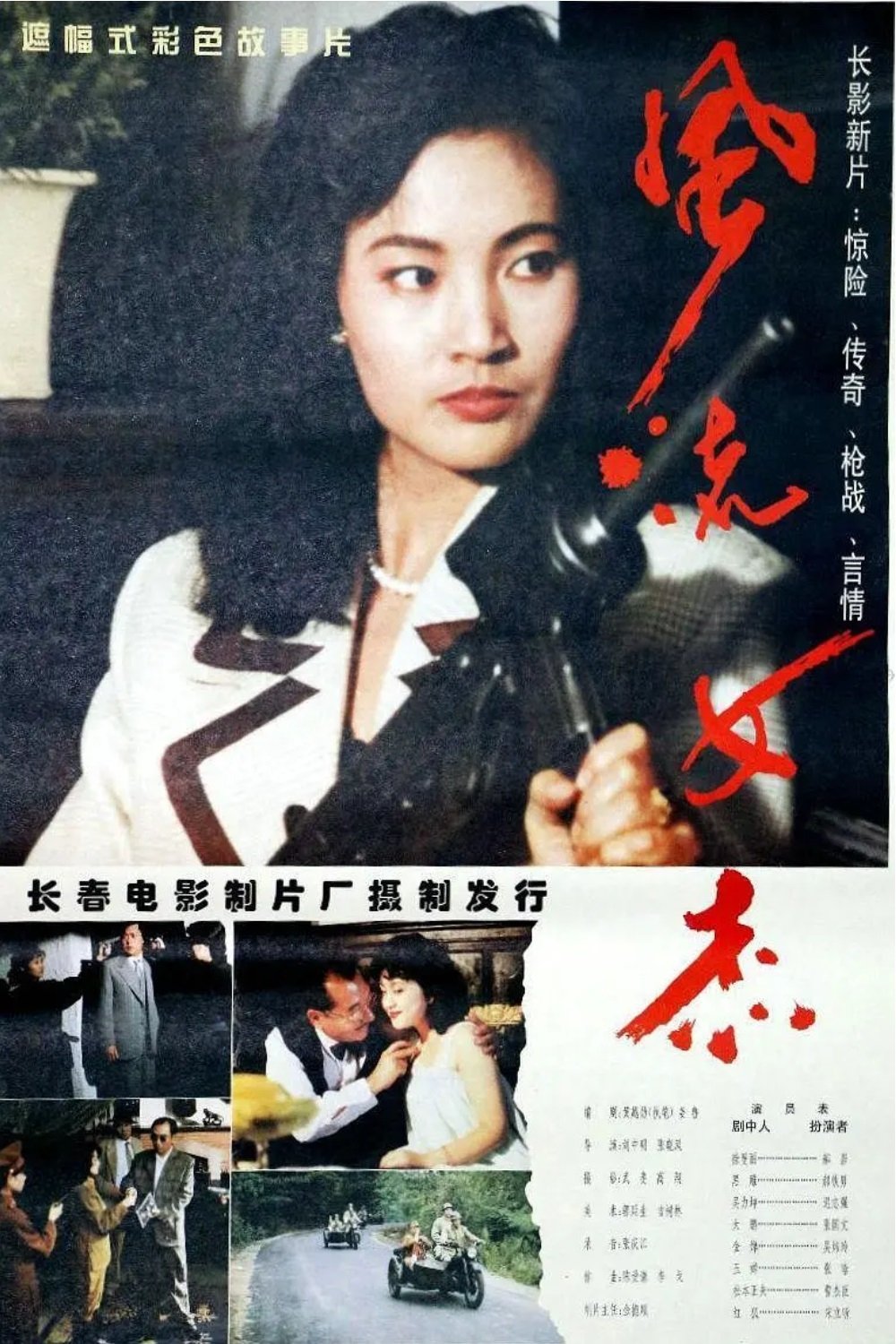
During the War of Resistance Against Japanese Aggression, the Kuomintang...